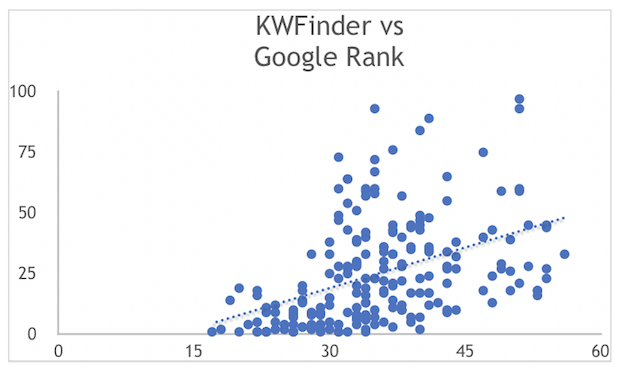Author: Laura Day / Source: Convince and Convert: Social Media Consulting and Content Marketing Consulting

We all know the benefits of a great blog. A perfect blog will help to build your brand’s reputation by grabbing readers’ attention and showcasing your site as a credible source of information. If you have it automated with your e-newsletter, a blog is also a great way to keep your brand top of mind with subscribers. But beyond these media benefits of a blog, it can also be a powerful inbound marketing tool.
Time and again, content marketing has proven to be massively effective in driving customer engagement and lead generation. Quality articles with optimized metrics for ranking, delivered on a consistent basis, will build up your domain authority and web traffic over time.
We compiled a year’s worth of content marketing data from our clients’ projects and analyzed it against several keyword research tools and content optimization tools. We then had that data analysis reviewed by a statistician who holds a Master of Science in Statistics from Texas A&M University. The results show which tools are most effective in determining the probability of ranking, and what measures you can take to improve the quality of your content.
The following are four of the most important things to keep in mind when you’re launching a competitive content marketing strategy.
1. Competitive Keywords Matter
Yes, I’m sure you already knew that keywords matter. But it can’t be said enough: Find keywords that suit your niche and are competitive enough to rank. SEMRush is a brilliant platform for digging into your site’s statistics (i.e., organic traffic, ranking keywords, backlinks, etc.) and investigating competition. Check out a competitor’s site with similar traffic to your site to see what keywords they’re ranking for.
Next, take some of those keywords and plug them into a keyword research tool (like SECockpit by Swiss Marketing Apps or KWFinder by Mangools) to check the competition score and monthly search volume. This will not only give you an idea of the metrics you should be aligning with your own site but may even give you some specific keywords to steal and target right off the bat.

There are three things you always want to keep in mind when performing your keyword research. Two of them were already mentioned. You want to find the right balance of (1) monthly search volume, (2) competition score, and (3) competitors’ domain authority.
SECockpit and KWFinder have both proven to be excellent tools for determining these metrics. Based on your site, these metrics may change, but here is a general rule of thumb that we’ve found to be highly competitive for most sites:
- Monthly search volume over 500
- Competition score under 30 percent
- Top 10 competitors’ domain authority under 30 (or more than half of them under 30)
With these generalized metrics, you should be able to find some great keywords to…
Audience Team
The digital audience insights you need to build, manage and market to your digital audiences.

